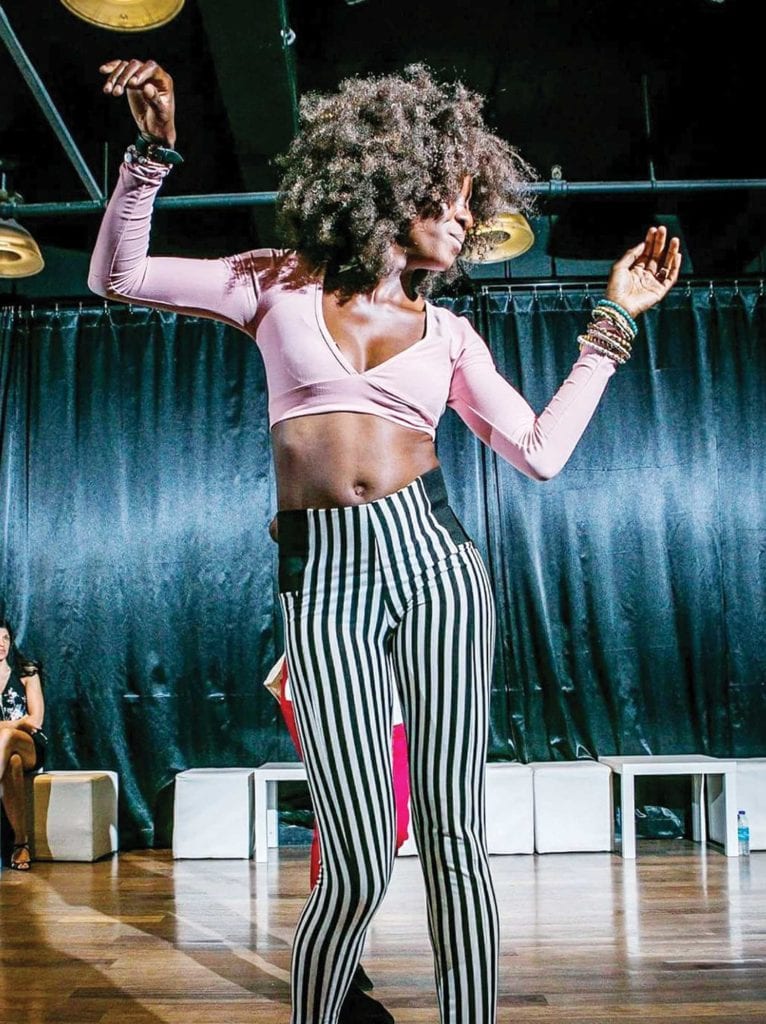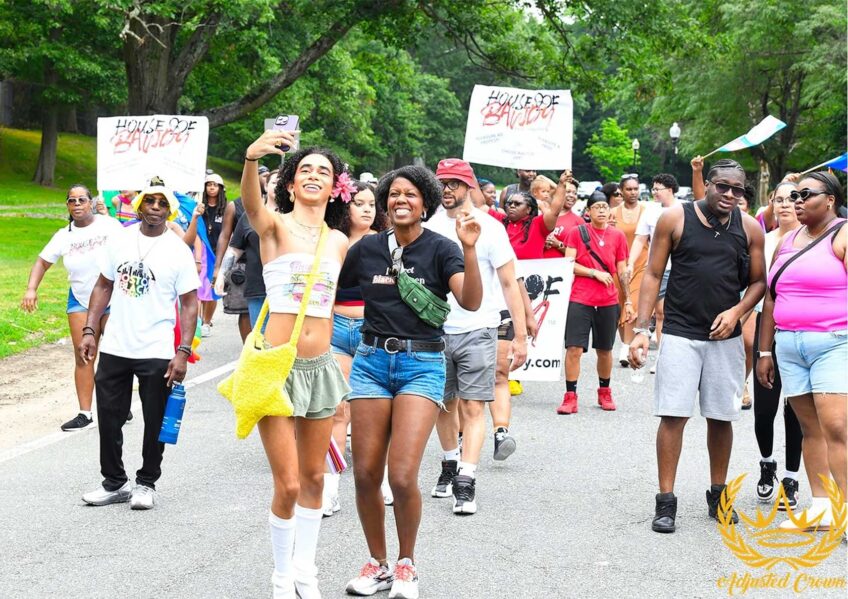AfroBeats arrives
Henry Nsang brings the African dance style to Boston

When dancer Henry Nsang immigrated to the United States from Cameroon, he found the African dance scene lacking. Rather than be discouraged, he took it upon himself to bring the AfroBeats dance style to Boston. Since then he’s choreographed and taught dance routines to over 1,000 people. This summer, Bostonians can learn Nsang’s signature AfroBeats moves at The Dance Complex, where he’s instituted a workshop dedicated to the style.
“I felt like AfroBeats was growing around the world but there wasn’t really a hub here in Boston,” says Nsang. “I’ve been performing for years now, but I really wanted to take it to a professional level.”
During the seven-week course, which can be taken en masse or as single drop-in classes, students learn not only the choreography for the dances but the history behind the moves. As a genre, AfroBeats has roots in the Nigerian 1990s music scene. The style blends West African rhythms with American funk and jazz influences and percussion. Now the energetic style is more regularly played in clubs.
Nsang describes the style as dynamic and vigorous, but he also says it’s promoting a more positive view of African art. “I think Africa is being looked upon with a different light now, and that pride and that joy is being expressed through dance,” he says.
He says the learning component of his classes is as important as the dancing.
“I think it’s another form of education,” he says. “Dance is a form of expression and there’s a lot of history behind the moves and the style and the music. So I think in the same way people find the need to travel around the world, it’s important that people see other forms of dance.”
The AfroBeats 2.0 workshop series has been emotionally impactful. He recalls a woman who joined the class to help cope with the loss of a loved one. Nsang had recently lost his mother and was moved that he could help someone else grieve through dance as well.
The Dance Complex workshops, which run through Aug. 7, are open to people at any skill level. Nsang’s work can also be seen in the Racines Festival highlighting black dance October 18–20. Nsang will teach an AfroBeats workshop and perform in the staff show on opening night.
Though there are no exclusively AfroBeats clubs in Boston yet, Nsang says dancers can try out their skills after the class at the AfroBeats night at Candibar or the African night at Bijou, both in the Theatre District.








